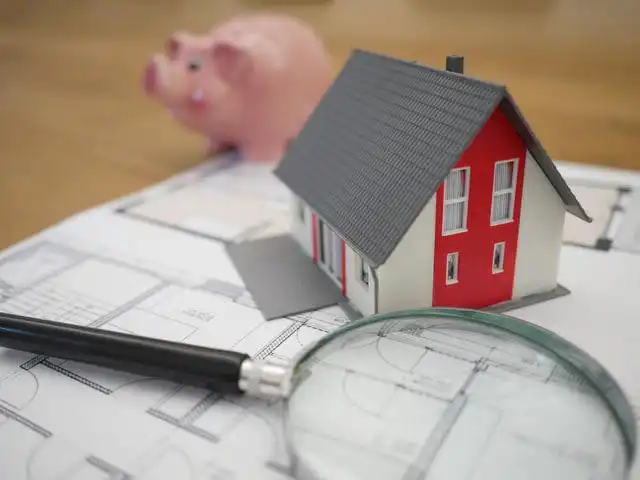
Why have just one property when you could have a “property portfolio”? With the interest rate at all-time low, and the market geared to favour buyers, now is a great time to consider building on your property portfolio. Property is simply an investment vehicle where the growth is determined by the investor’s commitment, patience and expectations.
“Patience is key when it comes to property investments – we tend to see good returns in the medium- to long-term,” says Giel Viljoen, Principal at Leapfrog Stellenbosch.
While the ins and outs of each investment property should be individually considered there are certainly some hard and fast rules that seasoned investors never ignore when looking to add to their property portfolio.
Patience is a property virtue
“Hasty decisions could cost you big bucks down the line. Take the time to understand the investment, research the market, consult experts and do comparative analysis before committing,” Viljoen advises.
Compare price and value, and don’t allow perceptions of value to cloud your judgement about price, or vice versa.
Most property investments are long-term commitments, so be prepared to sit tight for the long haul. “If you’re looking for a get-rich-quick scheme then property will be a very frustrating choice of investment for you,” Viljoen reckons.
Location location location
The tagline of every great property investment, location is a key determinant of a property’s anticipated appreciation.
“The best property in an average location will always fetch an average price, while an average property in a desirable location can demand very good prices,” Viljoen believes.
Demand drives pricing and prime locations are always in high demand. As such, consider the property’s proximity to amenities like schools, shopping centres and hospitals, as well as to major transport routes.
Rental income vs capital growth
The real value of the investment is determined by capital growth and not rental income. So while your investment property might fetch a good rental price each month, be sure to consider the capital growth.
Snag list
Seasoned investors approach a property with a checklist to ensure that it is in good condition and to help them better anticipate and plan for maintenance, renovations and repairs.
Pay particular attention to things like the integrity of the walls, the foundation, the condition of the finishes and the workmanship of the electrical components and the plumbing.
“A trusted property advisor is able to help you establish the state of an investment property, or you could consider hiring a certified building investor to do an in-depth inspection for you. While this might cost you in excess of R2000 it could save you hassles and money later on,” Viljoen advises.
Maintenance
Maintenance costs should form part of the budget for the property. “Investment properties need to be looked after in exactly the same way as a primary residence. Even if an agent will be managing the investment for you, the onus is still on the owner/investor to ensure the property is properly maintained,” Viljoen highlights.
Affordability
Obvious as this sounds, don’t forget that something is only an investment if you can afford it. Affordability is determined by completing a personal cash flow statement of all your income and expenses.
“If you’re financing the investment, the lender [typically the bank] will need proof that you can afford the monthly bond payments on the property, which is concluded by looking at both your fixed and variable monthly income and expenses,” Viljoen explains.
Be sure to shop around for the best financing deal, as even the smallest difference in the interest rate can make a very big difference in the long term.
Diversify
No investment is 100% fail-proof, which is why a diversified property portfolio makes the most investment sense.
“In the property game diversification means opting for a flat if you already have three large family homes, or looking to areas where you don’t yet have investments,” Viljoen says.
Diversification is the way to manage exposure to risk and maximise your returns, and can be a smart way of managing your cash flow.
The level and extent of the diversification will be different for every investor, and typically depends on lifestyle choices, net worth, preference and risk appetite.
“Most important is that YOU are comfortable with your investment. And of course it should be in the kind of property you are interested in. No need to invest in agricultural land, if you’re particularly interested in developments in security estates, for example,” Viljoen concludes.
Author: Leapfrog Property Group

